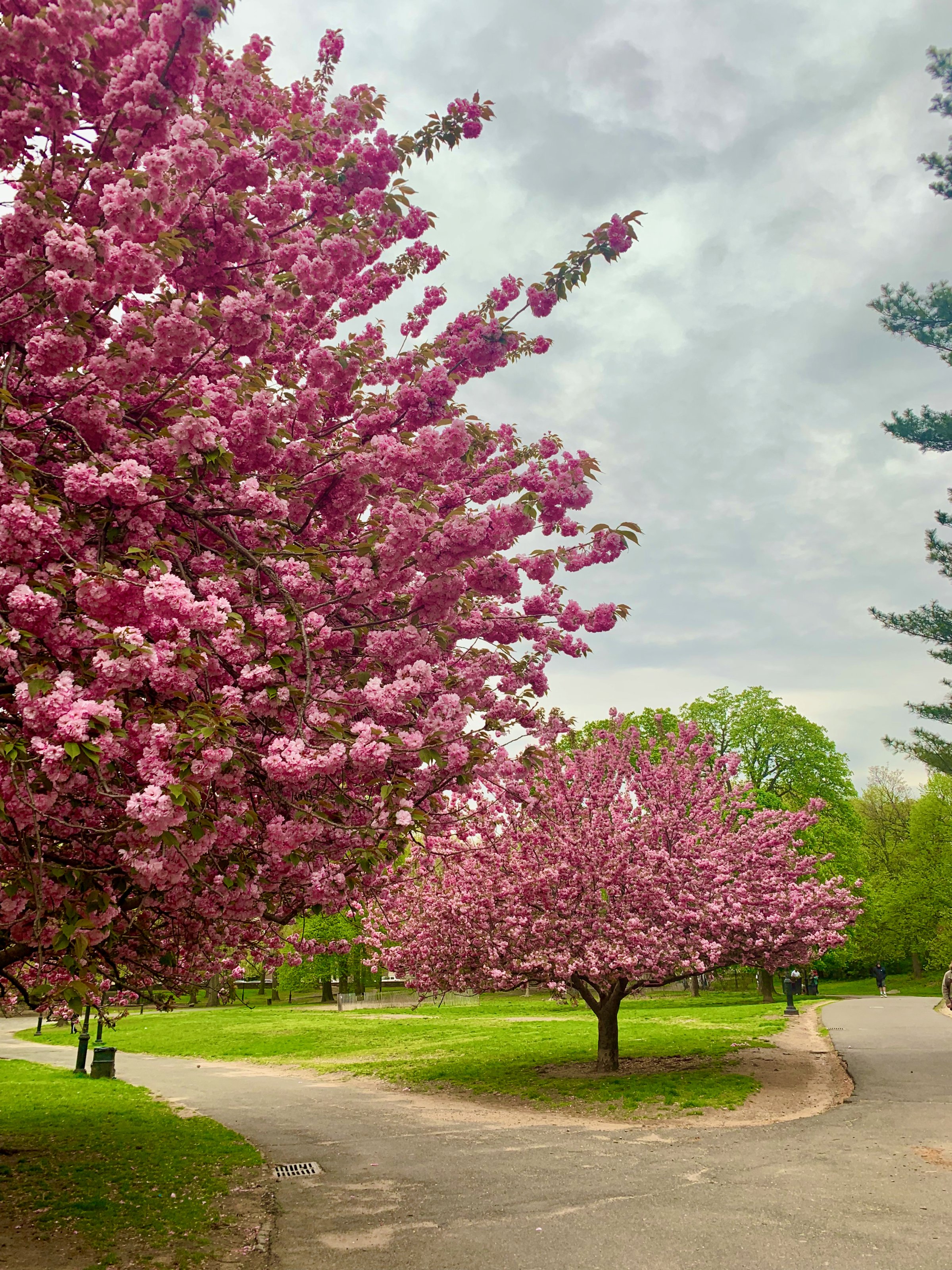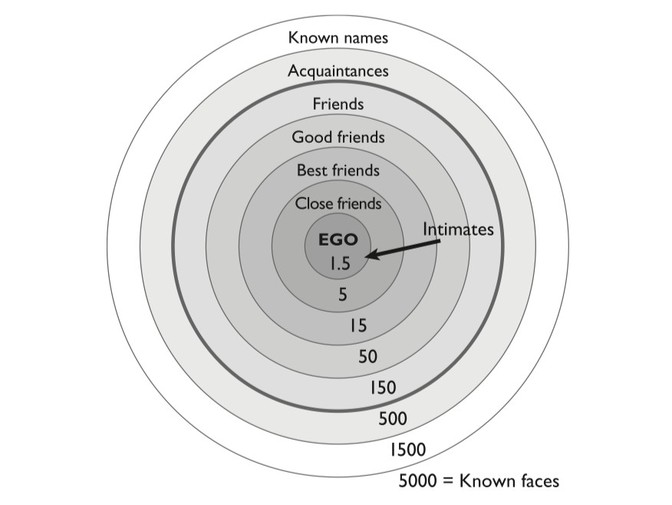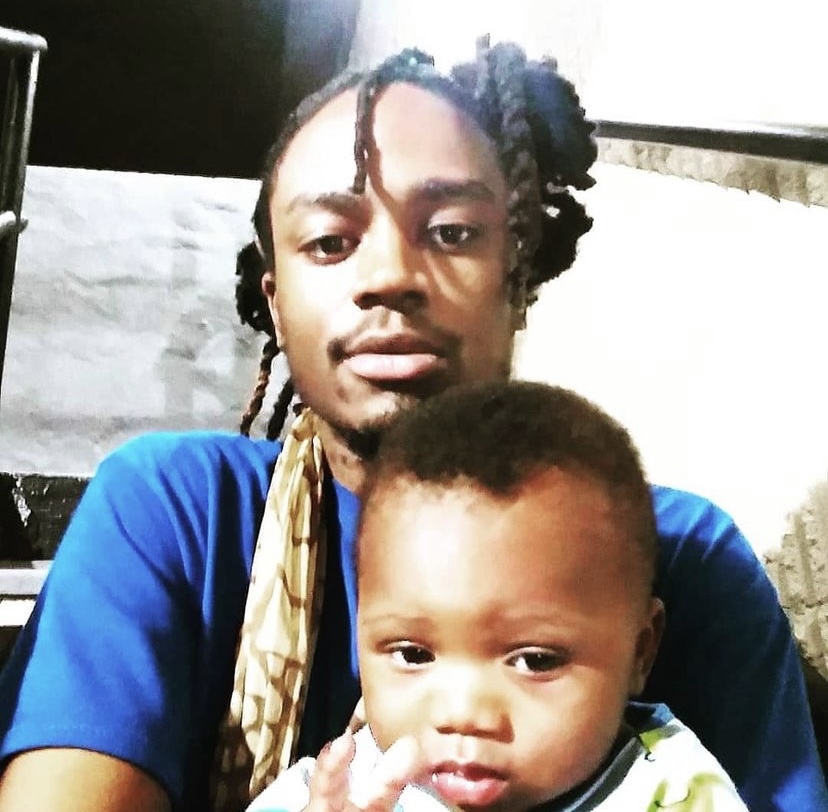
Well hello! I’m so glad you’re here. A version of this article also appeared in theIt’s Not Just You newsletter.Sign up here to receive a new edition every Sunday. As always, you can send comments to me at: Susanna@Time.com.
And so with the sunshine and the great bursts of leaves growing on the trees, just as things grow in fast movies, I had that familiar conviction that life was beginning over again with the summer.
—F. Scott Fitzgerald, The Great Gatsby
Let’s admit it. We’re already getting used to the things we yearned for during the pandemic. They’re becoming ordinary again, maybe even underappreciated.
I have to close my eyes to picture how desolate my neighborhood looked last year, with most everything closed and the near-constant wail of ambulances in the background.
The one thing I wanted to take from this very terrible time was gratitude for everything–my reasonably good health, my kids, drinks with friends clustered around tiny tables, my local coffee shop, or any coffee shop.
I thought we’d be like that Depression-era generation that still saves foil because they never forgot what it was like to go without. But I can already feel my old impatience returning. Earlier this month, just going to a restaurant buzzing with people seemed as exciting as going to another country. Now I’m getting picky about dessert.
In truth, humans have always had a hard time holding on to gratitude and wonder. The 18th-century philosopher Jean-Jacques Rousseau put it this way: Since these conveniences by becoming habitual had almost entirely ceased to be enjoyable, and at the same time degenerated into true needs, it became much more cruel to be deprived of them than to possess them was sweet, and men were unhappy to lose them without being happy to possess them.
At this rate of technological innovation, our conveniences are accumulating so fast it’s hard to comprehend our dependence on things we hadn’t heard of 5 or 10 years ago.
I can remember having to get up from the sofa and walk across the room to change channels on the old TVs; now I get irritated when I have to use a remote control instead of just giving the TV voice commands.
I may be just a few A.I.-powered devices away from starring as a blob-person in a prequel to WALL-E. In that version, we’ll see how people in overindulged countries went from expecting stuff we buy to magically appear on our doorstep the next day, to not being able to get out of our flying space-chairs.
Laurie Santos, a professor of psychology at Yale University, says what’s happens to us (well, some of us anyway) is called ‘hedonic adaptation,’ meaning we pleasure-seeking humans get used to luxuries, great and small. We inevitably take things for granted, marriages, friendships, coffee shops, toilet paper.
Santos teaches a hugely popular class about how to be happier called “The Science of Well-Being,” which is available to the public on Coursera. She explains that hedonic adaptation is why a new car is only a thrill for a little while. Pretty soon, that car doesn’t make us as happy as it did, and we start looking for something new. (Unless you’re my uncle who never once got into his beloved car without busting into a joyful soliloquy about something small like the glowy red lights on the dashboard or the wonders of his Sirius all-50’s-music-all-the-time station.)
So how do we hold on to gratitude after the pandemic recedes?
One of my favorite pieces of wisdom from Santos’s class is a tactic called: “negative visualization.” You imagine the end of a relationship or lack of access to some convenience or privilege or pleasurable experience. “Thinking about losing something is the clearest way to pop out of your hedonic adaptation because you’re putting your attention on what is going to be like not to have that,” says Santos in a lecture called ‘Thwarting Hedonic Adaptation.”
It’s not so hard to picture the worst days of 2020 now. But as our schedules fill up again, it’ll be more difficult to stop and rekindle the joy we took in those first forays to normalcy, like sitting inside a burbling cafe with a cookie. Or hugging someone dear. Santos acknowledges that it takes commitment and practice to cultivate happiness and savor the ordinary gifts we have been given. But her research shows that these behaviors of learning lead to increases in her students’ wellbeing.
Perhaps being happier also a choice. Can we decide to remind ourselves daily that the world we’ve built is tremendously fragile? As we’ve seen everything can go dark in a week or two.
Yet, if there were ever a moment when we can learn how to hold even small slices of joy closer, this is it.
For more on this topic, give a listen to Laurie Santos’ podcast: The Happiness Lab. And you can send comments to me at: Susanna@time.com

Did someone forward this newsletter? Subscribe here to get a new edition every Sunday.
COPING KIT ⛱
You Can Only Maintain So Many Close FriendshipsCheck out this fascinating interview with evolutionary psychologist Robin Dunbar author of Friends: Understanding the Power of Our Most Important Relationships on limits in the number of connections we can maintain, and the trade-offs when you invest in a new relationship.

Ready For a New Beginning? Take the 10-Day Fresh Start Challenge Behavioral scientists have long known that times of disruption and transition also create new opportunities for growth and change. See Tara Parker-Pope’s post-pandemic change-your-life guide.
EVIDENCE OF HUMAN KINDNESS❤️
Here’s your weekly reminder that creating a community of generosity elevates us all.

Stephon (pictured above) lives in Charlotte, North Carolina, and is the father of an infant boy, Justin. Last summer, after the murder of George Floyd, Stephon was arrested for protesting and spent days in jail. He subsequently lost his job, and then his apartment.
He applied for housing assistance so that he and his son could get off the streets and have a safe place to live. Pandemic of Love has been able to mobilize enough support to put him in an extended stay hotel and volunteers are working on finding him a stable job so that he can qualify for an apartment.
“I feel like I have suffered through a lifetime of trust issues and that I’m now passing them on to my son,” said Stephon. “It was so hard for me to ask for help because I have come to expect that it’s never available for people like me… But as a father, I have no choice but to do everything I can do to provide for my son.”
Stephon is actively looking for employment in Charlotte and Pandemic of Love is committed to helping him out financially until he is gainfully employed.
Story and images courtesy of Shelly Tygielski, founder of Pandemic of Love, a grassroots organization that matches volunteers, donors, and those in need.
COMFORT CREATURES 🐕
Our weekly acknowledgment of the animals that help us make it through the storm.
Meet Coop who’s clearly a bit embarrassed by his cone, but is still in the market for treats. Submitted by Kathy from New Jersey.

(Send your comfort creature images with captions to: Susanna@time.com)
Share this edition of It’s Not Just You here.
Did someone forward you this newsletter? SUBSCRIBE to It’s Not Just You here.
More Must-Reads from TIME
- Donald Trump Is TIME's 2024 Person of the Year
- Why We Chose Trump as Person of the Year
- Is Intermittent Fasting Good or Bad for You?
- The 100 Must-Read Books of 2024
- The 20 Best Christmas TV Episodes
- Column: If Optimism Feels Ridiculous Now, Try Hope
- The Future of Climate Action Is Trade Policy
- Merle Bombardieri Is Helping People Make the Baby Decision
Contact us at letters@time.com